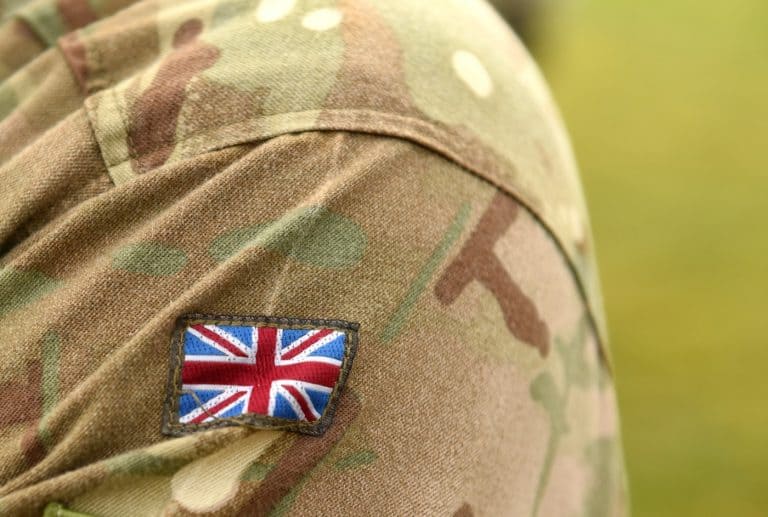What is a Spinal Injury?
A spinal injury is damage caused to any part of the spinal cord or nerves at the end of the spinal canal (cauda equina).
Within the military, a spinal injury can be caused through accidents or medical causes, such as:
- Accidents while on active duty
- Training accidents
- Accidents which occur off duty
- Falls
- Motor vehicle accidents
- Sports and recreation injuries
- Disease such as cancer or arthritis
- Infection
- Medical mistakes
The damage caused by a spinal cord injury can disrupt the communication between the brain and the body. This can often cause permanent changes in strength, sensation and other body functions below the site of injury.
A spinal cord injury can progress quickly. Urgent medical attention is often key to minimising long term effects. Proper management immediately after the initial trauma is critical in determining how extensive an injury is and what long-lasting effects an injured person will go on to suffer.
A spinal cord injury can cause one or more of the following symptoms:
- Loss of movement especially below the site of injury
- Loss of or altered sensation, including the ability to feel hot/cold or touch
- Loss of bladder and/or bowel control
- Changes in sexual function, sensation and fertility
- Pain and painful sensations
- Problems with regulating breathing and/or blood pressure, and difficulties with clearing secretions from your lungs
The wider impact of spinal cord injury
As well as the physical impact of a spinal cord injury, there are also emotional and psychological effects on the injured service-person and their family.
The effects can be life changing for everyone, often simultaneously combining changed physical ability with the loss of a service career and transitioning into the civilian world, all of which can be daunting and overwhelming for the injured service person and their family.
The practical challenges faced by those who have suffered aspinal cord injury can include:
- Lengthy hospital stays and rehabilitation
- Finding suitable accommodation
- Implementing appropriate care packages
- Considering the needs of dependents and family members
We have provided some guidance with our spinal injury advice pages here.
Making a claim for spinal cord injury
If you or a loved one has sustained a spinal cord injury whilst serving in the military, whether it was caused by medical negligence, an accident or a fall, you might be entitled to make a spinal injury claim.
Why bring a spinal cord injury claim?
Compensation will never be able to make up for what has happened to you, but it can give you access to the resources you need to adjust and have the best possible quality of life after injury. When bringing a claim for spinal cord injury claim for our clients, you benefit from things such as:
- Support for life after leaving hospital
- Funding for rehabilitation therapies and treatment
- Support to help you adjust to life after medical discharge from the Forces before you were ready or planning to leave
- Assistance finding a home suitable for your needs
- Arranging support and assistance with your day-to-day living
Purchasing specialist aids and equipment
In addition, bringing a claim can help others too, by enabling lessons to be learnt to help prevent future injuries occurring in the same circumstances.
Our specialist solicitors are on hand and have the experience to help guide you through accessing the right support swiftly, and advising you on your options about making a claim. We have access to a wealth of information, and have well established links to specialists and charities to help our clients access the support they need to move forward after suffering a spinal cord injury.
If you think you have suffered a spinal cord injury that could have been avoided, the military may have failed in its duty of care to you. Contact one of our solicitors, without charge or obligation, to discuss making a claim. We usually work on a no-win, no-fee basis.
If you have suffered a spinal injury during which has been caused wholly or partly by your service, you should also make a claim to the Armed Forces Compensation Scheme as soon as possible, as strict time limits apply.
To find out more about the military claims process please visit our dedicated page here.




















